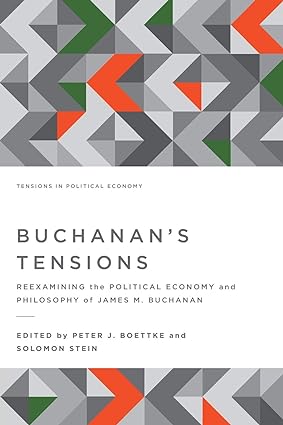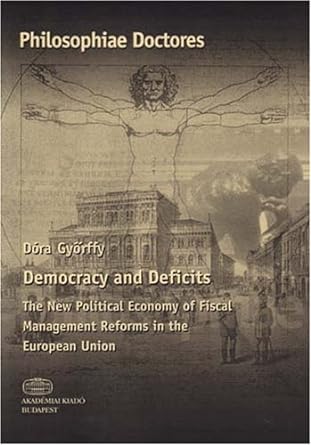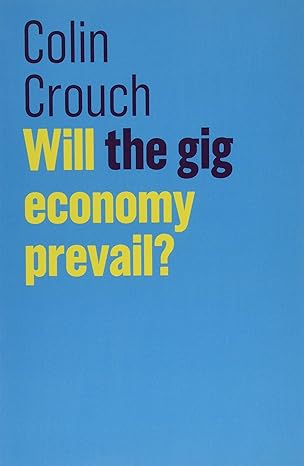Go back


Buchanans Tensions Reexamining The Political Economy And Philosophy Of James M Buchanan(1st Edition)
Authors:
Peter J. Boettke ,solomon Stein

Cover Type:Hardcover
Condition:Used
In Stock
Include with your book
Free shipping: April 04, 2024Popular items with books
Access to 3 Million+ solutions
Free ✝
Ask 10 Questions from expert
200,000+ Expert answers
✝ 7 days-trial
Total Price:
$0
List Price: $16.95
Savings: $16.95(100%)
Book details
ISBN: 1942951426, 978-1942951421
Book publisher: Mercatus Center at George Mason University (August 6, 2018)
Get your hands on the best-selling book Buchanans Tensions Reexamining The Political Economy And Philosophy Of James M Buchanan 1st Edition for free. Feed your curiosity and let your imagination soar with the best stories coming out to you without hefty price tags. Browse SolutionInn to discover a treasure trove of fiction and non-fiction books where every page leads the reader to an undiscovered world. Start your literary adventure right away and also enjoy free shipping of these complimentary books to your door.
Buchanans Tensions Reexamining The Political Economy And Philosophy Of James M Buchanan 1st Edition Summary: James M. Buchanan, Nobel Laureate in Economics and one of the premier political economists of the 20th century, was at the heart of the emergence of public choice theory and the reintroduction of politics to academic economic analysis. Like any great and productive scholar, his body of work includes tensions, flaws, and inconsistencies that must be confronted by scholars looking to engage, critique, and advance his distinctive project in political economy. Buchanan’s work is important but also open for contestation and improvement.Buchanan’s Tensions: Reexamining the Political Economy and Philosophy of James M. Buchanan presents a critical assessment of Buchanan’s research and ideas. The contributions to this edited volume, which include original chapters by several of Buchanan’s coauthors and students, identify sources of tension within his writing. The book’s key takeaway is that the research program Buchanan developed continues as an open-ended project, both as a social scientific approach and as a classical liberal political vision of constitutional order, rather than a static dogma or fruitless dead end. Taken as a whole, this volume identifies important questions and areas for future research by the next generation of constitutional political economists.
Customers also bought these books
Frequently Bought Together
Top Reviews for Books
Musa khan
( 5 )
"Delivery was considerably fast, and the book I received was in a good condition."










